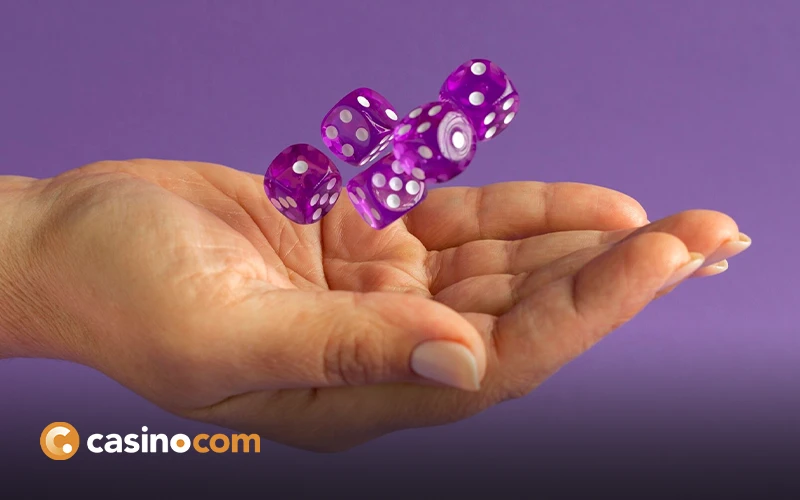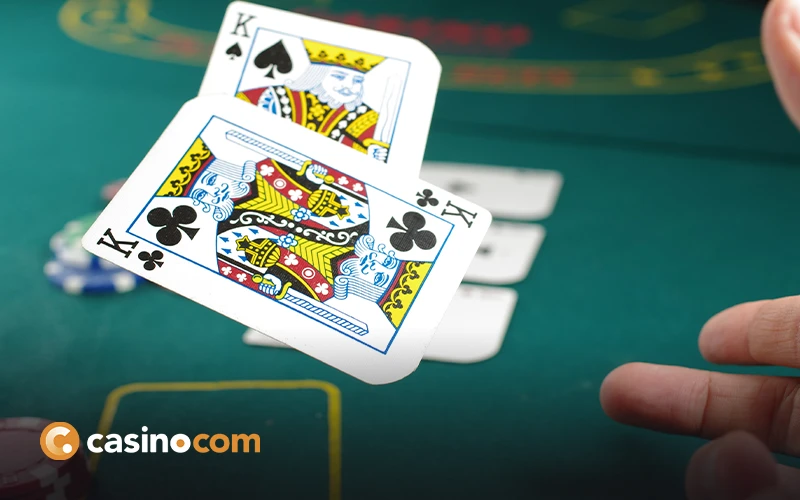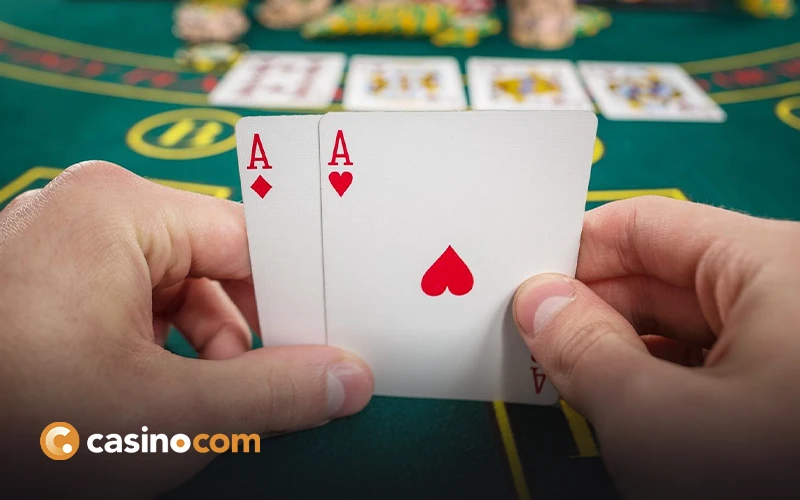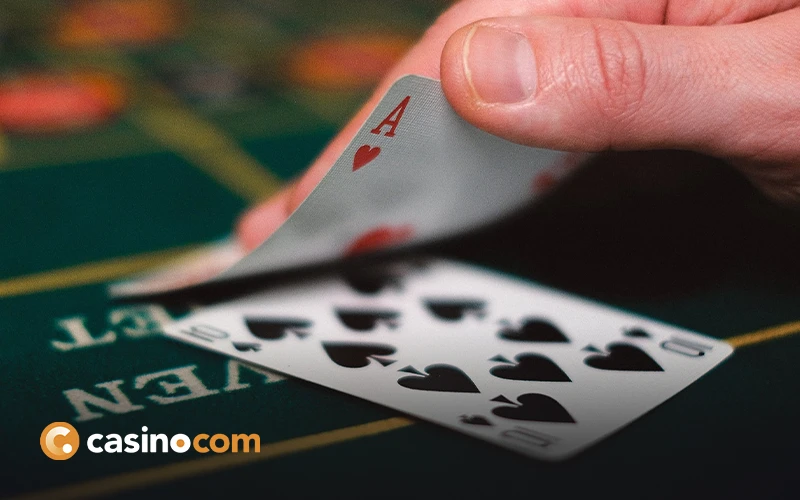If you’ve ever lost money playing online casino games, it’s natural to wonder: are these games rigged?
The short answer: licensed online casinos are not rigged. They are regulated, tested, and designed to be fair. That said, some shady, unlicensed sites do exist—and those might not be fair.
Let’s break it down.
How Online Casino Games Actually Work
Every game at a legal online casino—slots, blackjack, roulette—runs on a Random Number Generator (RNG). This software ensures every spin or hand is completely random.
For example, every slot spin is independent. The outcome doesn’t depend on your previous spins or how much you bet. The odds stay the same each time. The casino cannot change results on the fly.
That’s how fairness is built in.
Are Online Casinos Regulated?
Yes—legal casinos are regulated.
In the U.S., every legal online casino must be licensed by a state gaming board. These boards make sure casinos follow rules and treat players fairly. Examples include:
-
New Jersey Division of Gaming Enforcement (DGE)
-
Michigan Gaming Control Board (MGCB)
-
Pennsylvania Gaming Control Board (PGCB)
To get a license, casinos submit their games to independent testing labs. These labs check that RNGs are working, games are fair, and Return to Player (RTP) percentages are accurate.
Trusted labs include eCOGRA, GLI, and iTech Labs. If a casino works with them, it’s a good sign.
Why People Think Games Are Rigged
Most players lose over time—and that’s normal. Every casino game has a house edge, a small built-in advantage that ensures the casino makes money. It’s math, not cheating.
For example:
-
American roulette: ~5% house edge
-
Online slots: 94–97% RTP
-
Blackjack: better odds if you play perfectly
Even though each spin or hand is random, the odds favor the casino slightly. That’s legal and expected—but it’s why losing can feel frustrating.
Can Some Casinos Be Rigged?
Yes. Unlicensed or offshore casinos can rig games or refuse to pay winnings. No authority oversees them, so there’s no guarantee of fairness or protection.
Warning signs of a risky casino:
-
No license displayed
-
Unrealistic bonus offers
-
No info about payout rates or RTP
-
Games from unknown providers
-
Bad reviews or reports of unpaid winnings
If you see these, it’s safest to stay away.
How to Know If a Casino Is Fair
Look for these signs:
-
License from a state gaming board (NJ, MI, PA, etc.)
-
Games from trusted providers like NetEnt, Evolution, or IGT
-
Testing certifications from eCOGRA, GLI, or iTech Labs
-
Clearly listed payout rates (RTP)
-
Fast withdrawals and transparent terms
These indicate the casino is legit and playing by the rules.
Final Thoughts
Legal, regulated online casinos are not rigged. They use certified RNGs, and regulators monitor them closely. The small edge casinos hold is standard math, not cheating.
But unlicensed sites are a different story—they’re risky and may not be fair.
To play safely, stick to licensed casinos in your state. Play for fun, not as a way to make money, and always gamble responsibly.
FAQ
Is Casino Gambling Rigged?
Not in regulated markets like the U.S. Licensed casinos follow strict laws, and independent labs test every game for fairness. Rigging would break the law—and cost the casino its license.
How Likely Are You to Win at a Casino?
It depends on the game. Examples:
| Game | RTP Range | Average Win Probability |
| Slot Machines | 85% – 98% | Highly variable (85–95%) |
| Blackjack | Up to 99.5% | ~42–48% per hand |
| European Roulette | 97.3% | ~48.6% on even bets |
| American Roulette | 94.74% | ~47.4% on even bets |
RTP shows the long-term average payout. A 95% RTP means the game pays back $95 for every $100 wagered over time.
What’s the Fairest Casino Game?
Blackjack (especially single-deck) has the lowest house edge (~0.5% with perfect play). Craps and baccarat also have excellent odds for certain bets.
Is There a Trick to Winning at Slots?
No guaranteed way, but you can improve your odds:
-
Pick slots with a higher RTP (96% or more is ideal)
-
Avoid low-volatility slots if chasing big wins
-
Check the paytable and understand the game before playing





